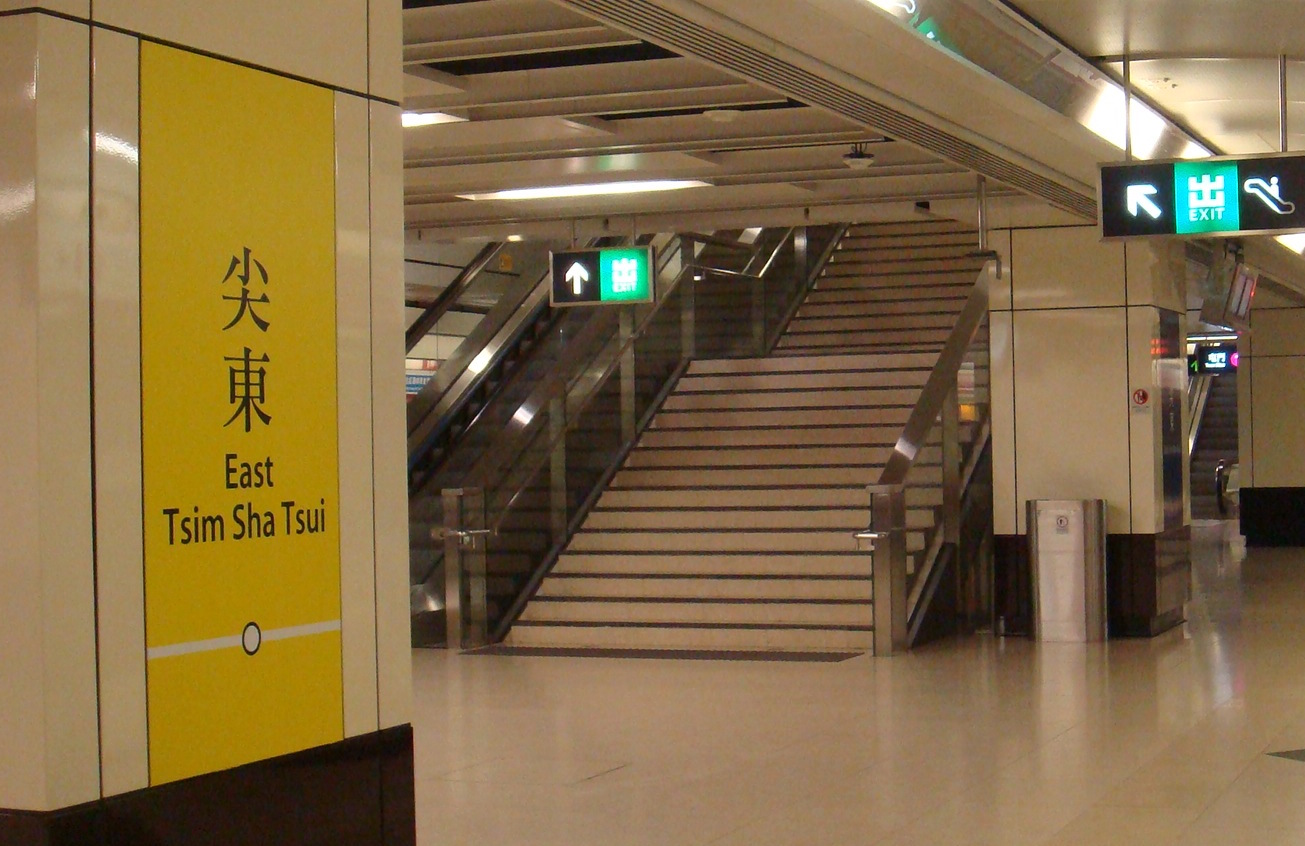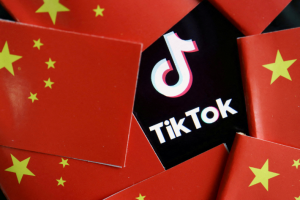(ATF) – Hong Kong’s ubiquitous MTR subway is carrying fewer passengers as citizens try to avoid enclosed public places where they might risk getting the coronavirus.
The seven-million-strong city has kept its infection count under reasonable control, thanks largely to the public avoiding spaces where the coronavirus can spread easily.
But that has translated into a weaker cashflow and a threat to the MTR’s credit rating, S&P Global said in a statement.
“We expect a near 10% drop in total revenue in 2020 in Hong Kong, compared with 2019. The firm’s transport and commercial segments are mainly driving the revenue drop,” it said.
The Mass Transit Railway, which is majority-owned by the Hong Kong government, has announced a reduction in train frequency during non-peak hours, citing a 50% drop in patronage in the first two weeks of February.
This would translate into weaker financials, S&P said.
“We estimate the company’s ratio of funds from operations to debt will likely drop to 15%-20% in 2020 from our forecast 30%-32% level for calendar year 2019, breaching the 20% downgrade trigger for the entity’s Stand Alone Credit Profile (SACP). We expect the ratio to improve to around 20% in 2021,” it said.
S&P said it would lower the company’s assessment of MTRC’s Stand Alone Credit Profile of A+ if it expects the company’s ratio of funds from operations (FFO) to debt to drop below 20% “consistently”. It did not define consistently.
SACPs are S&P Global Ratings’ opinion of an issue’s or issuer’s creditworthiness, in the absence of extraordinary intervention from its parent or affiliate or related government, and are but one component of a rating, the agency said.
MTR shares are trading at a three-month low of HK$43.25, off an all-time high of HK$55.75 struck in July last year.
























